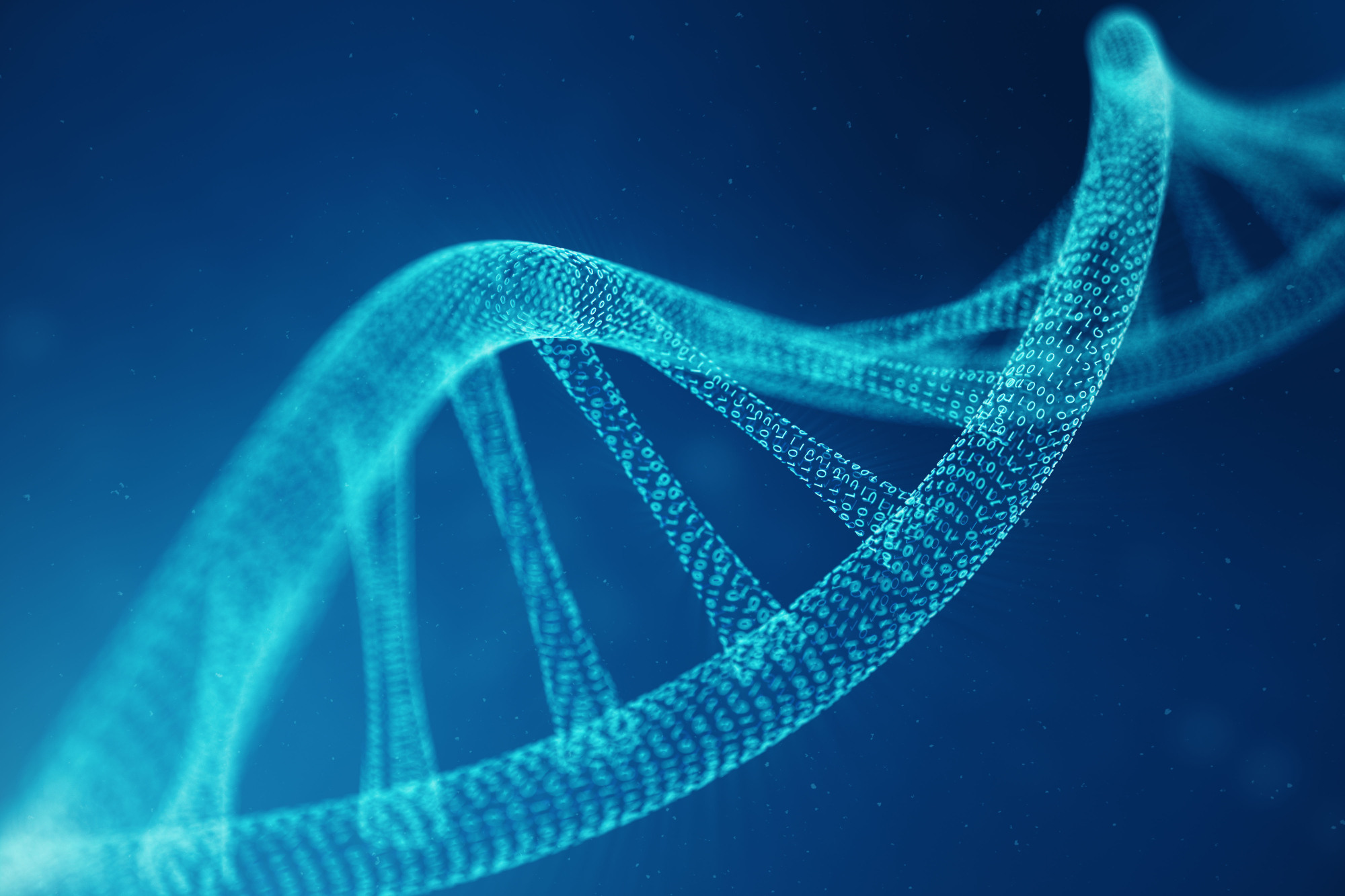Dr. Theodora Ross, a cancer geneticist at the University of Texas Southwestern Medical Center, says that to Silicon Valley types, she is like a taxi driver competing against the more convenient, Uber-like direct-to-consumer companies such as 23andMe. "They think we don't need to exist," she said. The techy approach invites consumers to swab a cheek and mail in the sample, and promises to reveal a broad swath of genetic information.
But unbeknownst to many seekers, direct-to-consumer services don't deliver what a cancer geneticist like Ross does. Some people, after submitting DNA to such companies, end up in her office, panicked over what turn out to be a false results.
Even more concerning than false positives are false negatives. People who have serious family histories of cancer and could benefit from a thorough workup will sometimes get a reassuring negative result from a genetic test that was marketed directly to consumers. This kind of error could be deadly.


















With your current subscription plan you can comment on stories. However, before writing your first comment, please create a display name in the Profile section of your subscriber account page.